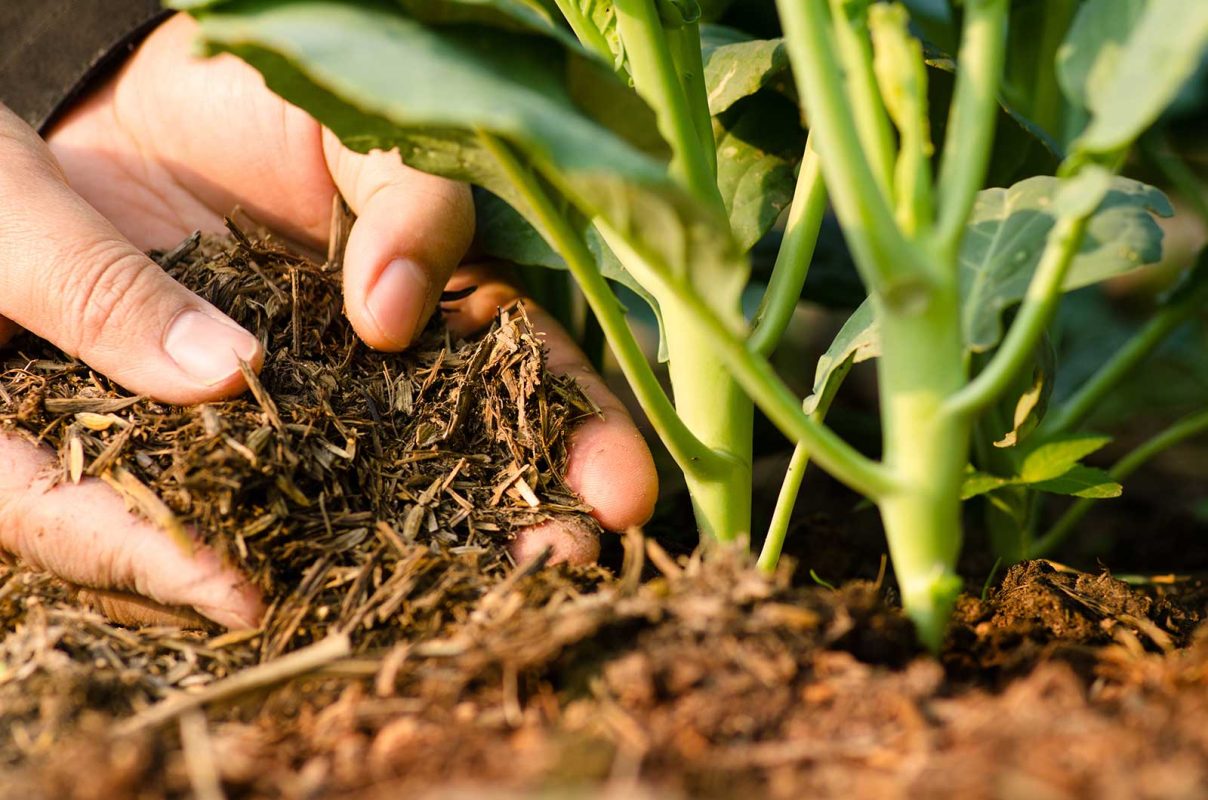YETRAC
Enhancing Soil Fertility and Agricultural Productivity in Alkaline Soils
Enhancing Soil Fertility and Agricultural Productivity in Alkaline Soils
Alkaline soils, also known as “sweet” soils, present unique challenges for agriculture due to their high pH levels. However, with the right approach and sustainable practices, these soils can be made highly productive. In this comprehensive article, we will explore the characteristics of alkaline soils, the challenges they pose, and the strategies for improving soil fertility and agricultural productivity in alkaline environments.
Understanding Alkaline Soils
Alkaline soils are characterized by a high pH level, typically above 8.5, which results from the accumulation of soluble salts like calcium carbonate. These soils are often found in arid and semi-arid regions, making up a significant portion of the world’s agricultural land. The high pH in alkaline soils can create adverse conditions for plant growth.
Challenges of Alkaline Soils
Nutrient Imbalance
Alkaline soils often have imbalanced nutrient levels, with certain essential elements becoming less available to plants. Key nutrients, such as iron, manganese, and phosphorus, become less accessible at high pH levels.
Poor Nutrient Retention
Alkaline soils tend to have a low cation exchange capacity (CEC), making it difficult for them to retain essential nutrients, leading to leaching and nutrient loss.
Toxicity Issues
The availability of toxic elements like sodium and bicarbonates can lead to toxicity issues in plants.
Reduced Microbial Activity
Alkaline conditions can negatively affect soil microbial communities, crucial for nutrient cycling and soil health.
Header 3: Soil Testing and Analysis
Before attempting to improve soil fertility in alkaline soils, it is crucial to conduct soil testing and analysis to understand the specific nutrient deficiencies and imbalances in the soil. This analysis will guide the development of a targeted soil improvement plan.
Soil Amendment Techniques
Organic Matter Addition
Incorporating organic matter, such as compost and well-rotted manure, can enhance the soil’s structure, increase nutrient retention, and promote microbial activity.
Acidifying Agents
Sulfur-containing compounds can be used to lower soil pH gradually. Elemental sulfur, for instance, can be added to the soil and converted into sulfuric acid by soil bacteria.
Selective Crop Choice
Some crops, such as barley, lentils, and alfalfa, are more tolerant to alkaline conditions and can be chosen to maximize productivity.
Irrigation Management
Optimizing irrigation practices is essential for alkaline soil management. Salinity can be a significant issue in these soils, and improper irrigation can exacerbate the problem. Implementing drip irrigation or using good quality water sources can help reduce salinity.
Crop Rotation and Cover Crops
Crop rotation strategies, along with the use of cover crops, can help break the pest and disease cycles while also improving soil health. Deep-rooted cover crops can penetrate and break up compacted soil layers.
Soil pH Monitoring
Regular monitoring of soil pH levels is essential to ensure that the desired changes are occurring. Adjustments may be necessary as crops and conditions change.
Sustainable Farming Practices
Implementing sustainable farming practices, such as reduced tillage and conservation agriculture, can help maintain soil structure, prevent erosion, and enhance long-term fertility.
In conclusion, alkaline soils may present challenges to agriculture, but they can be successfully managed and improved with the right strategies. Through soil testing, proper soil amendments, and sustainable farming practices, farmers can enhance soil fertility and boost agricultural productivity in alkaline environments. Understanding the unique properties of alkaline soils and implementing the appropriate techniques is the key to success in these regions.
Expert Consultation
For personalized guidance and expert consultation on managing alkaline soils and improving agricultural productivity, consider reaching out to soil scientists, agronomists, and agricultural extension services in your region. They can provide tailored recommendations based on local conditions and specific soil characteristics.
By implementing these strategies, you can not only make the most of alkaline soils but also contribute to sustainable agriculture practices and global food security.

